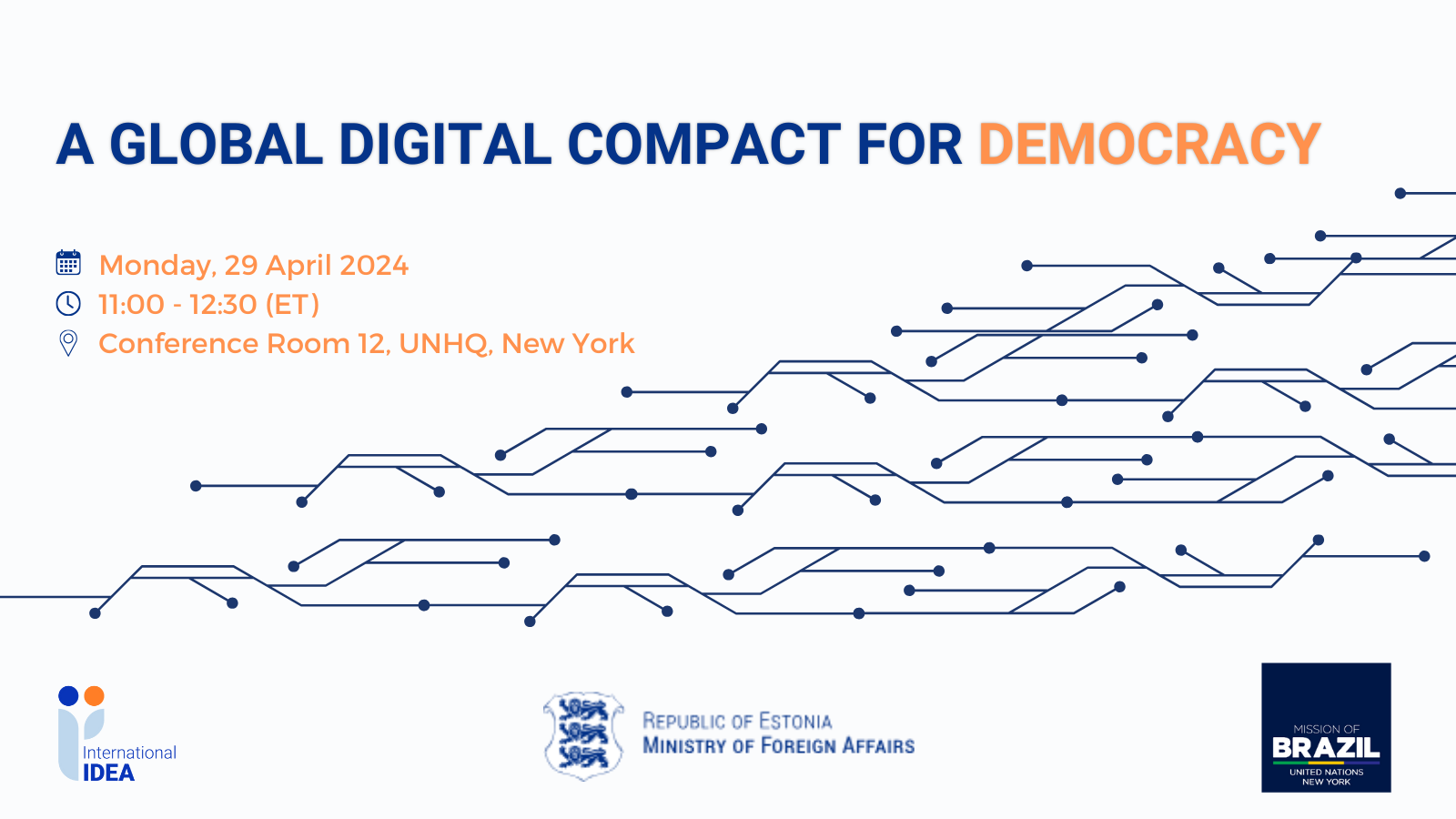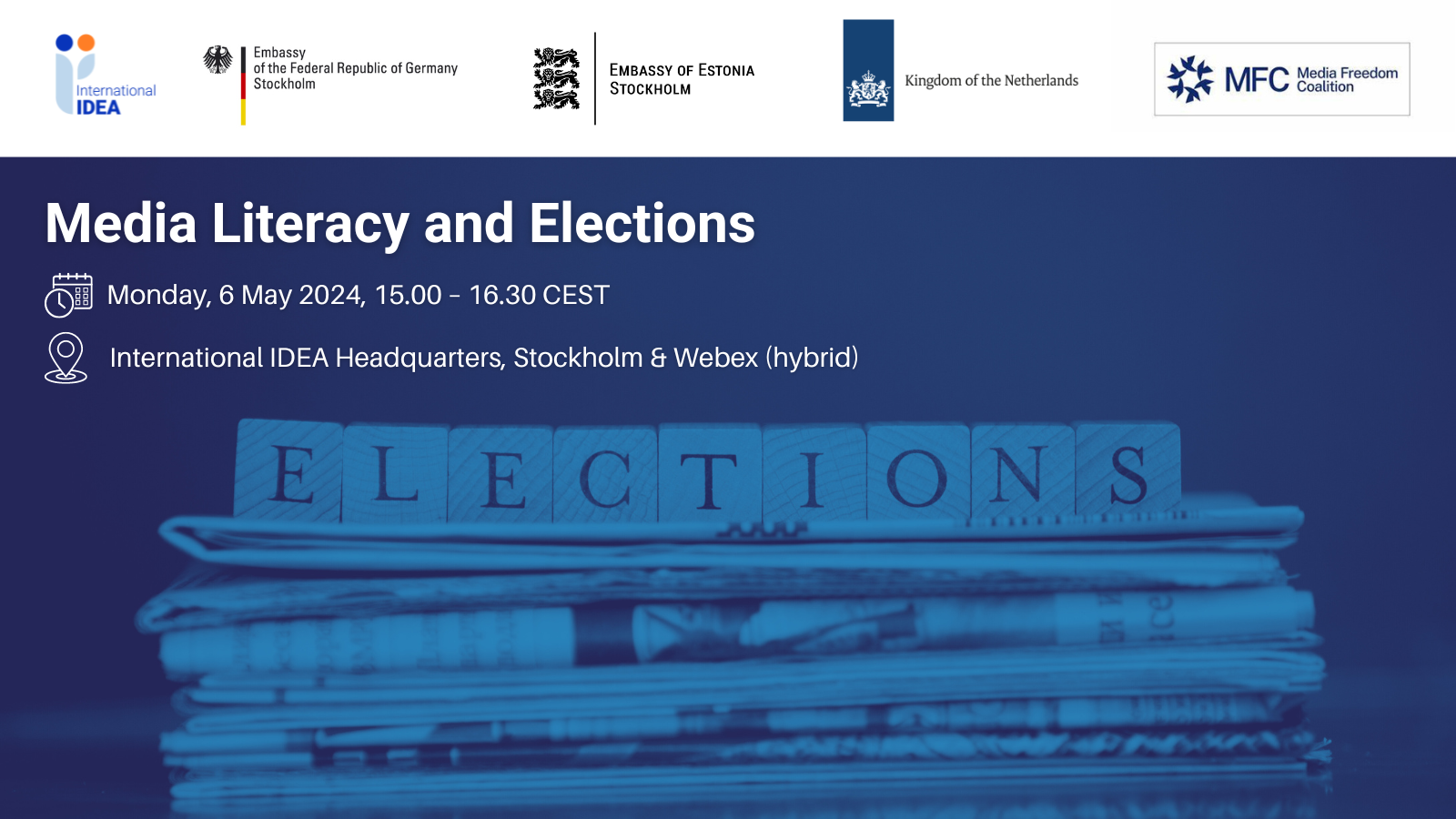Presidential Terms and Tenures in Africa – the Current State of Play
The debate over presidential terms and tenures continue to create challenges for democratic development in Africa – but are we seeing a light at the end of the tunnel?
The issue of presidential terms and tenures have loomed large across the African continent for years. Constitutional provisions have in many cases been challenged by leaders who claim that their continued services in office are required for the benefit of their countries. By doing so, however, the same leaders are jeopardising democratic development, peace and prosperity in their respective countries. As noted by Kofi Annan in the Tana Forum on Security in Africa that took place earlier this month – “[l]eaders who hang on to power indefinitely by gaming elections and suppressing criticism and opposition are sowing the seeds of violence and instability.”
Whilst media attention and analysis are focussing attention on how leaders in countries like Burundi and the Democratic Republic of Congo (DRC) are bending constitutional provisions to stay in power, others are actually moving in the opposite direction. Looking further into these cases reveals that there might be good reasons for leaders to opt for this route – not only in the interest of the “common good” but also for self-serving purposes.
New developments on the scene
On Tuesday 5 April, the parliament in Seychelles approved a constitutional amendment to reduce the number of terms a president can serve in office. This means that future presidents in the Indian Ocean archipelago country will take up the post for a maximum of two consecutive periods of five years. Current president James Michel, who won his third and final term in the elections of December last year, with a tiny margin in the second round, explained the shift of viewpoint in the ruling part as a result of an “internal reflections and consultations” process. As the party, which controls all but one seat in the parliament, voted on the amendment last week, one Member of Parliament suggested that the modification will contribute to prevent coming presidents from “monopolizing power for too long” (Seychelles News Agency).
In Benin, the country’s newly elected president Patrice Talon launched the idea of a one-term limit on the presidency only a few days after winning the elections organized on Africa’s Super Sunday 20 March. The small West African country, which after its fourth democratic turnover has taken substantial steps forward to consolidate democracy, will certainly look forward to an interesting term limit debate. Provided Talon remains faithful to the call and manages to have such an amendment in place during his current term in the office, it remains to be seen whether the change will apply to himself or only to forthcoming elected presidents.
But there is more. On 20 March, Senegal voted for shaving two years off the seven-year presidential term. Here issue of term length has lingered for years. In 2000, Sall’s predecessor Abdoulaye Wade was elected for a seven-year term but prior to his re-election 2007, the term was reduced to five years. Then, only a year later, the parliament re-instituted the seven-year term. In his bid for the presidency, Sall promised to yet again roll back the tenure. The referendum that took place on 20 March, however, did not affect Sall’s present term in the office which also explains why the opposition’s decision to campaign against change.
Earlier this year, Ellen Sirleaf Johnson expressed interest in reducing the tenure of the presidency in Liberia from six to four years. The announcement, made on radio on 6 January, thereby concurred with the proposition as put forward by the Constitutional Review Committee. The proposition not only recommends to decrease the tenure of the president and the vice president, but also that of elected office holders in the Senate and the House of Representatives.
Meanwhile in Burundi, Congo, Rwanda and DRC…
However, there are still attempts by African leaders to extend terms and tenures. In Burundi, the decision of Pierre Nkurunziza to run for a third term in July last year has left the country in ruins. Hundreds have been killed and a quarter of a million people are displaced following his re-election.
The controversial 2015 referenda organized in the Republic of Congo and Rwanda set the stage for the re-election of the Denis Sassou Nguesso and Paul Kagame, respectively. As constitutional amendments have been popularly approved and legally promulgated, the term elongations and incumbency re-elections – already confirmed in the 20 March elections in the Republic of Congo (notwithstanding the ongoing post-election crisis) and highly expected in the elections scheduled for next year in Rwanda – are obviously (now) in line with legal frameworks. Although the two countries are abiding current laws, critics suggest they have failed to embrace the spirit of their respective constitutions.
In DRC, authorities has opted for an alternative route to extending the term of Joseph Kabila: electoral “glissement”. Whilst elections are supposed to happen by November 2016, a series of technical processes have been set in motion that will simply make it impossible for elections to take place in accordance with constitutionally set electoral deadlines. In the meantime, Kabila who is serving his final term – provided that further constitutional changes are not being pursued – will remain comfortably in office.
Flickers of hope – or an emerging trend?
With many long-serving leaders’ periods in offices coming to an end, there is a renewed focus on the terms and tenure debate in Africa. Although the story of rulers bending constitutional provisions in their own favours is commonplace, the bigger picture actually inspires hope.
One could hope that moral imperatives are a driving force behind the development whereby African strongmen (and women) abide by or even attempt to put further restrictions on presidential terms and tenures. Most likely, considerations regarding “the right thing to do” is in many cases decisive. Notably, it may be easier for serving presidents to put restrictions on terms and tenures as their own period in office is coming to an end such as in the case of Seychelles and Liberia. It might give a positive spin to their national and international legacies. In Senegal, Sall’s referendum was part of the program by which he was elected back in 2012. If he had not been able to deliver on his promise, this could have made it more difficult for him to get re-elected in 2019. His term-limit campaign should therefore also be seen as contributing to his own self-interests.
There is also another twist: rulers might not always make decisions based on what they believe, but rather based on what they perceive voters believe to be morally correct and the best for the country. Having witnessed Burkina Faso’s Blaise Compaoré’s embarrassing departure in October 2014, incumbents may think twice if they know that constitution-bending exercises are likely to meet considerable popular resistance. This might explain why former president Thomas Boni Yayi came to the conclusion that fighting for a third term would not benefit his legacy. Nevertheless, rulers in countries like Guinea, Uganda and Togo are still managing to cling on to powers although surveys show that more than 80 per cent of their citizens support constitutional term limits (Afrobarometer).
Despite changing dynamics between donors and recipient countries, the views of the international community is still relevant. Potential donor desertion may to some extent have influenced Kabila’s decision not to change the constitution (at least not for now). The avenue taken by DRC is interesting. Where the referenda organized in the Republic of Congo and Rwanda has essentially sought to establish that voters prefer to keep incumbents in power, the authorities in DRC are simply blaming technicalities around the organisation and management of the elections for the need to continue the rule under Kabila “until further notice.” Technical delays may indeed be an easier point to sell to the international community than constitutional changes to the rules of the game.
The possibility for presidents’ to return to civilian life without ‘losing it all’ may also contribute to safeguard presidential terms and tenures. The problem at hand is the current high stakes involved in politics on the continent where leaders risk considerable losses – status, wealth and even personal security – when they leave office. The socio-economic status of those in power then becomes relevant: if politicians can expect to lead a respectable and economically comfortable life after their time in the office, it is more likely that they are able and willing to “move on”. The launch of the one-term presidential limit of Talon in Benin might testify to this. Being a well-known and respected businessman, the so-called “Cotton King” may have other ambitions than to remain president for life.
The concept of self-interests diversified
The presidential term and tenure debate is likely to continue to challenge democratic development in Africa. Incumbents that want to remain in power “for life” will challenge the spirit of constitutions. But the nature of rules’ self-interest might be about to widen. Winning a second term in the office, maintaining a reputable legacy of political achievements or even considerations around other post-presidential career options can persuade leaders to opt for the “common good” and respect or restrict constitutional term and tenure provisions on the continent.


